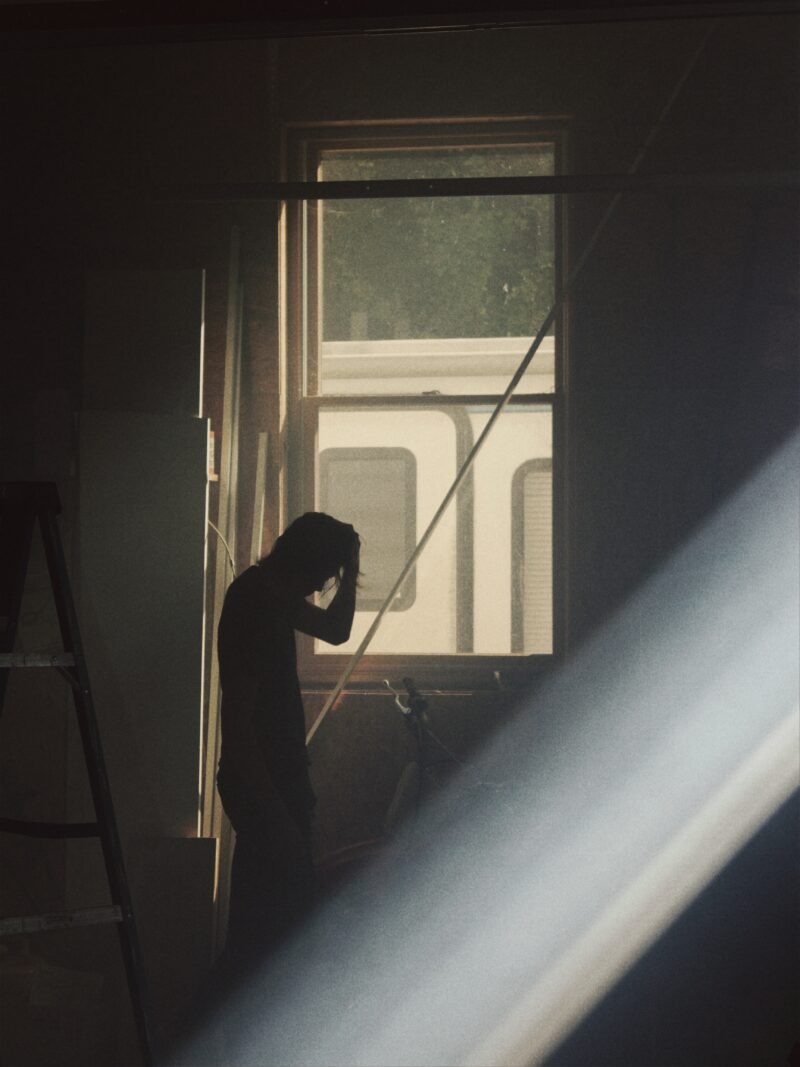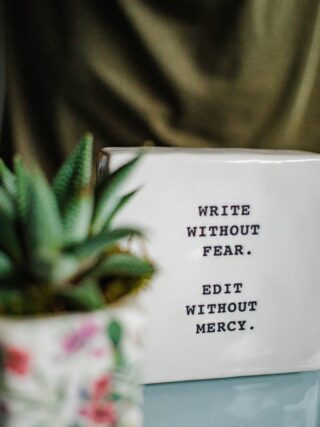I am incredibly lucky that the book gods have allowed me to spend all my time working on books, as a junior literary agent by day and an author by night. It’s true I don’t get much sleep, and my social life might consist of work dates with writer friends, catching up in five-minute increments in between word sprints—but I don’t mind, since I’ve found that the two halves of my professional life feed each other in surprising ways. Understanding what it feels like in an author’s shoes has made me a better agent, and seeing the publishing process from the inside has helped me articulate how and more importantly, why I want to be a writer.
Years ago, when visions of publishing started dancing in my head, I became obsessed with queries (something which, I’ve come to learn, literally every would-be author does). Before I had even finished a manuscript, I was scouring the web for all the querying advice I could possibly find. My favorite resource / timesink was Absolute Write’s “Query Hell” forum. I’d spend hours glued to the screen, refreshing and refreshing as people posted their queries to have them honed (or more often, torn apart) by this eagle-eyed, long-practiced community of hopefuls.
But these days at the office, my existing clients come first and take up most of my time. When I read queries, that’s basically future planning: I’m trying to find authors I want to work with for years, hopefully decades, to come, so I want to feel butterflies…So when I dive into the slush pile, it’s not like I’m going to carefully evaluate each query, holding it up to some yardstick of perfection, going down a list and checking off boxes—correct number of paragraphs, opened with a personal connection, appropriately formal signoff. Nor am I scanning each query for mistakes, ready to toss it aside at the slightest typo. I’m looking to fall in love. And just like falling in love with people, the goal isn’t necessarily perfection; it’s chemistry.
Not all of the queries that snag my interest are perfectly polished, but they all spill over with the writer’s voice and enthusiasm for the project. One query brimmed with the South Carolina charm of its setting, so much that I wanted to keep reading just to escape the New York winter. Another query (nb, without straying from professionalism) conveyed such a sharp, hilarious narrative voice that I couldn’t help but get onboard. And I was so happy to find that the manuscripts themselves were just as filled with snark and sunshine.
Even with all this reading and evaluating, though, it took me way too long to realize I was coming at my own query letter from the wrong angle. I’d venture to say that most of us writers do. We obsess over word count, paragraph breaks, formatting. We try to avoid mistakes at all costs. True story: I once fielded a call at work with a writer who phoned in near tears, desperately apologizing because they realized their query had an apostrophe in the wrong place.
All this angst, this focus on absolute perfection. I think it’s misguided. Because the question on my mind when I read a query—and I’d venture this is the case for most of the so-called gatekeepers with their hands in submission piles—isn’t Are you good enough?
It’s Do I love this? Do I need this?
Now I’m not saying that you should get sloppy. Of course not—be concise, use spell check, and follow the agent’s guidelines; that’s just a matter of respect. But a query can be technically perfect and still feel lifeless. On the other hand, if I can hear your character’s voice in my head, or if your hook makes me sit up straight in my chair, a misplaced comma or misspelled name won’t stop me from reading on.
It’s much, much, easier to write a good query letter than it is to write a good book. So instead of reading five hundred threads on Query Hell, read five, and then take the rest of that time to polish your first pages to a high shine. Heck, do another pass on your whole manuscript. Then turn to the query with an eye toward the following questions: What is it about your manuscript that keeps you up at night? Why did you spend months or years writing it, when there are any number of easier/more lucrative/more fun ways to spend your time? Why do you love this story? If you can answer these in your query letter in a concise, readable way, I almost guarantee that the agent on the other end will want to read more.
But Sara, you say, won’t this make querying even more difficult? It’s harder to channel all that into 300 words than to just follow some internet guidelines.
Yes! Very possibly it will. It’s always harder to stand out than to follow directions. Harder still to do both.
But if you know that the default answer to any given query is no, you’ll won’t take passes personally–and that yes, when it comes, will be so much more meaningful. And besides, isn’t it a little bit comforting to know that a prospective agent or editor isn’t breathing down your neck, waiting for a mistake? Isn’t it comforting to know they want to fall in love?
Make sure you can answer the question of why do I love this story. Do the work on the book. And that will shine through in the query. I promise. Agents—and editors, and most importantly readers—want your story, the story that only you can write.
I’m the author of EVERLESS, which came out from HarperTeen in January 2018. I grew up in Minnesota and worked in a tea shop, a dentist’s office, and a state capitol building before heading to New York to work in publishing. Now an agent by day and author by night, I can be found exploring the city’s bookstores or finding new ways to put caffeine in my bloodstream. You can view more of Sara’s work on her website and say “Hi!” on Twitter and Instagram.











